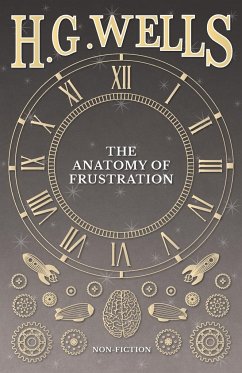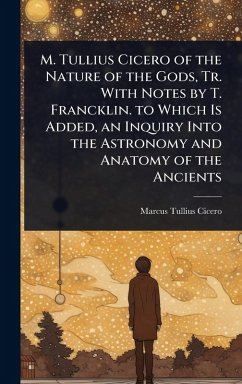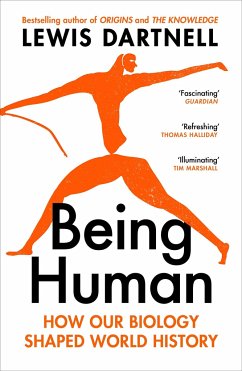
The Anatomy of Frustration

PAYBACK Punkte
8 °P sammeln!
This is the first of three instalments which attempt to present a summary and critique of the life-work of William Burroughs Steele. Steele was an American business man who, subsequent to retiring after the First World War, spent his life working on a comprehensive study of mankind and its aspirations and follies, producing a gargantuan treatise called The Anatomy of Frustration-a treatise previously not published in its entirety. Here, Mr. Wells explains that he himself has decided to publish an account of Steele's little-known treatise "in general terms and for the general public." Contents ...
This is the first of three instalments which attempt to present a summary and critique of the life-work of William Burroughs Steele. Steele was an American business man who, subsequent to retiring after the First World War, spent his life working on a comprehensive study of mankind and its aspirations and follies, producing a gargantuan treatise called The Anatomy of Frustration-a treatise previously not published in its entirety. Here, Mr. Wells explains that he himself has decided to publish an account of Steele's little-known treatise "in general terms and for the general public." Contents include: "Part I. What All Men Seek", "Part II. Toward the Next Beginning", and "Part III. Why We Are Frustrated". Herbert George Wells (1866 - 1946) was a prolific English writer who wrote in a variety of genres, including the novel, politics, history, and social commentary. Today, he is perhaps best remembered for his contributions to the science fiction genre thanks to such novels as "The Time Machine" (1895), "The Invisible Man" (1897), and "The War of the Worlds" (1898). Many vintage books such as this are becoming increasingly scarce and expensive. We are republishing this book now in an affordable, modern, high-quality edition complete with a specially commissioned new biography of the author. First published in "Harper's Magazine", April-June 1936.













